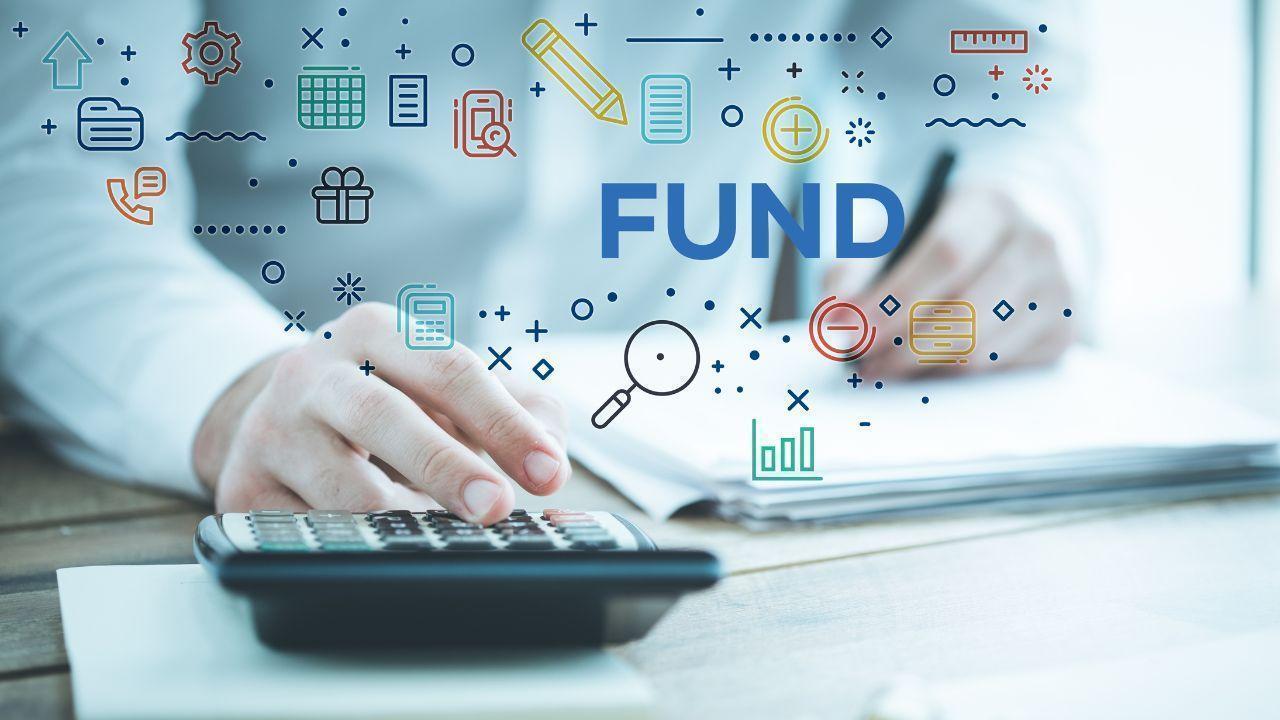
Post by : Zayd Kamal
Life is unpredictable, and no matter how carefully we plan our finances, unexpected expenses can arise at any time. Whether it’s a sudden medical emergency, a car breakdown, or an unexpected job loss, these events can quickly throw us off track. That’s where an emergency fund comes in. An emergency fund is a financial safety net that helps you deal with unexpected situations without falling into debt or affecting your long-term financial goals. In this article, we’ll explain why everyone needs an emergency fund, how much you should save, and how you can build one to ensure you are financially prepared for life’s curveballs.
An emergency fund is a designated amount of money saved specifically to cover unexpected expenses. Unlike your regular savings for goals like vacations or a new car, an emergency fund is reserved only for emergencies—things you can’t predict or plan for. These funds should not be used for everyday expenses like groceries or rent but rather for situations that require urgent financial attention, such as a sudden medical bill, home repairs, or an emergency trip. The purpose of an emergency fund is to ensure that you don’t have to rely on credit cards or loans in times of crisis, which can lead to more financial stress. It provides a cushion that allows you to handle unexpected events with confidence and peace of mind.
Having an emergency fund is crucial because life is unpredictable. Accidents and unexpected expenses can happen at any time, and if you don’t have an emergency fund, you may have to borrow money or rack up high-interest debt to cover those costs. In the United States, studies show that nearly 60% of people don’t have enough savings to cover a $1,000 emergency. This lack of preparation can result in financial hardship or delays in achieving other financial goals. An emergency fund allows you to face life’s surprises without falling into a cycle of debt. It provides financial stability, so you don’t have to choose between paying bills or dealing with an unexpected emergency. Ultimately, an emergency fund is an essential tool for protecting your financial future.
The amount you should save for an emergency fund depends on your personal financial situation. Generally, financial experts recommend saving enough to cover three to six months’ worth of living expenses. This should include your rent or mortgage, utilities, groceries, transportation costs, insurance premiums, and any other essential expenses. For example, if your monthly expenses total $2,000, you should aim to save between $6,000 and $12,000 for your emergency fund. If you are self-employed or have an unpredictable income, it may be a good idea to save a larger amount, closer to six months’ worth of expenses. If you have a stable job with regular income, three months may be enough. The key is to have enough saved to cover essential expenses if something unexpected happens, such as losing your job or facing a health crisis.
Your emergency fund should be easily accessible, but it should also be kept separate from your everyday spending account. The best place to keep an emergency fund is in a high-yield savings account or money market account. These accounts offer higher interest rates than regular savings accounts and allow you to access your money quickly when needed. While it’s important that your emergency fund is easily accessible, it’s equally important that it isn’t used for daily purchases. Keeping your emergency fund separate from your regular spending accounts reduces the temptation to dip into it for non-emergencies. Additionally, you should avoid putting your emergency fund into high-risk investments, such as stocks or mutual funds. The purpose of an emergency fund is to provide security and easy access to cash when needed, so it should not be exposed to market volatility.
Building an emergency fund doesn’t happen overnight, but it can be done by setting small, manageable goals. The first step is to set a target amount that aligns with your financial situation. If you’re just starting, you can aim to save $500 or $1,000 as an initial emergency fund. Once you reach that amount, you can gradually increase the target until you have enough to cover three to six months’ worth of expenses. One of the easiest ways to build your emergency fund is by setting up automatic transfers from your checking account to your savings account. Even if you start with small amounts, the key is to be consistent. Review your budget to identify areas where you can cut back, like dining out less or canceling unused subscriptions. Use the money you save to grow your emergency fund. Also, consider using any windfalls, such as tax refunds or bonuses, to add to your emergency savings. Over time, your emergency fund will grow, giving you the security and peace of mind you need.
If you don’t have an emergency fund, you’re likely to face financial challenges when unexpected expenses arise. Without the cushion of an emergency fund, you may find yourself relying on credit cards, personal loans, or borrowing money from family and friends. This can lead to high-interest debt that compounds over time, making it harder to achieve your financial goals. For instance, if your car breaks down and you don’t have the money to repair it, you may need to take out a loan or use credit cards. The longer it takes to pay off the debt, the more interest you’ll pay, which can make the financial situation worse. Additionally, if you don’t have an emergency fund, you may have to delay important life milestones, such as buying a home, starting a family, or saving for retirement. Not having an emergency fund leaves you vulnerable to setbacks, which could derail your long-term financial plans.
In the article "Why Everyone Needs an Emergency Fund Explained", we explore the importance of having a financial safety net to handle unexpected events like medical emergencies, car repairs, or job loss. The article explains what an emergency fund is, how much to save, and where to keep it. It highlights the financial stability that an emergency fund provides, offering protection from debt and stress during crises. The piece also provides practical tips for building an emergency fund, such as setting realistic goals, automating savings, and cutting back on unnecessary expenses. Ultimately, it emphasizes the peace of mind and security that come with being financially prepared for life's uncertainties.
The information provided in this article is for general informational purposes only and should not be considered as financial advice. The views and opinions expressed are those of the author and do not necessarily reflect the official position of DXB News Network. Readers are encouraged to consult a financial professional before making any financial decisions.
#trending #latest #EmergencyFund #FinancialSecurity #PersonalFinance #Savings #MoneyManagement #FinancialPlanning #EmergencySavings #Budgeting #SmartSaving #FinanceTips #breakingnews #worldnews #headlines #topstories #globalUpdate #dxbnewsnetwork #dxbnews #dxbdnn #dxbnewsnetworkdnn #bestnewschanneldubai #bestnewschannelUAE #bestnewschannelabudhabi #bestnewschannelajman #bestnewschannelofdubai #popularnewschanneldubai










Sheikh Mansour Arrives in Kuwait to Boost UAE-Kuwait Relations
Sheikh Mansour arrives in Kuwait for an official visit to meet the Emir, aiming to strengthen UAE-Ku

Story :The Merchant of Manchester - by Dr Amrinder Pal Singh
Story of loss, Kindness, Betrayal… and Legacy

Rashid Al Obad Appointed Director General of Shams
Sheikh Sultan issues Emiri Decree appointing Rashid Al Obad as Director General of Sharjah Media Cit

Dubai’s Government Best Practices Series 2025 Highlights Innovation
The Government Best Practices Series 2025 in Dubai focused on government innovation, digital service

Dubai Hosts GenAI Masterclass for Future Family Leaders
Dubai Centre for Family Businesses held a GenAI masterclass to train 24 young leaders in using AI fo

ArtDomain by DXB News Network Opens to Strong Global Response — Applications Begin for A50 and The Art Guild.
ArtDomain by DXB News Network Opens to Strong Global Response — Applications Begin for A50 and The A

Dembele's Goal Gives PSG a 1-0 Win Over Arsenal in Semi-final
Ousmane Dembele scores early to give PSG a 1-0 win over Arsenal in their Champions League semi-final